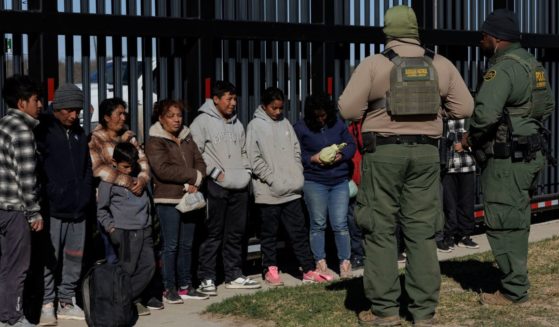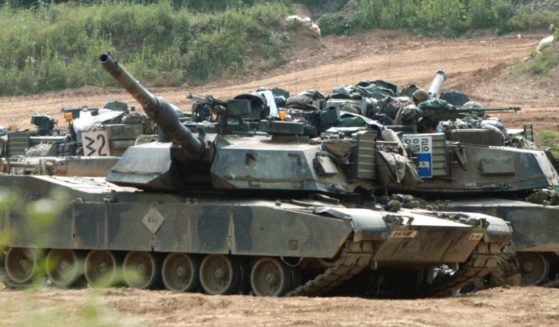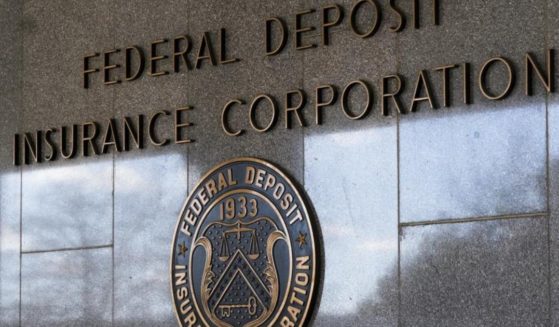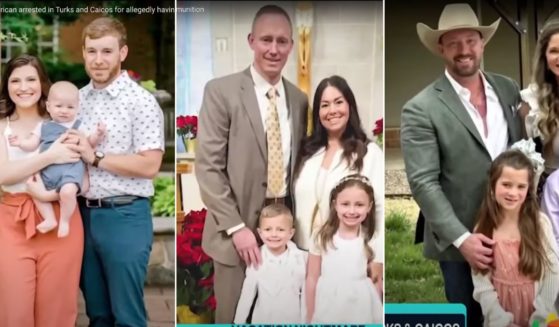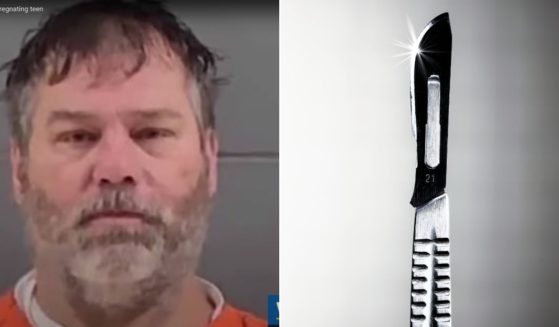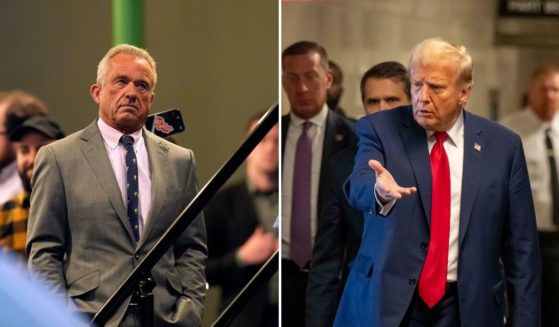Discrepancies in Sri Lanka attack muddle investigation
COLOMBO, Sri Lanka (AP) — Hour by hour the death toll from Sri Lanka’s Easter Sunday bombing attacks climbed.
And then on Thursday it suddenly dropped.
Sri Lankan authorities drastically revised the number of people killed in the near-simultaneous blasts at churches and luxury hotels in and around Colombo and in the distant seaside town of Batticaloa — from 359 on Wednesday to around 250.
A top Health Ministry official, Dr. Anil Jasinghe, said that some bodies had been torn to pieces, and others had been destroyed, making identification difficult.
But the discrepancy in the death toll was just one of many, the latest in a pattern of claims and counterclaims that have muddled the investigation into the Islamic State group-claimed attacks and called into question the government’s ability to handle it, as suspects with possible access to explosives reportedly remain at large.
“It speaks to a dysfunctional system where information is not being shared, not being cross-checked,” said Greg Barton, a terrorism expert at Deakin University in Australia. “If you can’t count the dead, how can you take care of the living, especially those who pose a threat?”
Sri Lanka’s top officials have acknowledged that intelligence units were aware of threats by the militant group blamed for the attack — National Towheed Jamaat — weeks ahead of the Easter blasts.
But the president and prime minister, who have been embroiled in a political feud since last October, both said they were kept in the dark.
Prime Minister Ranil Wickremesinghe called it a “breakdown of communication.”
As the investigation continued, communication problems remained.
Some of the confusion may have come down to spelling. Priyalal Disanayaka, the deputy inspector general of police, sent a memo to the directors of four Sri Lankan security agencies on April 11, identifying Mohammed Zaharan as the leader of “National Thawheek Jaman.”
The report attached to the memo, though, identified the group as “National Towheed Jamaar” and said its leader was Zahran Hashmi.
There were so many variations of the group’s name thrown around that a separate group, the Sri Lanka Thowheed Jammath, held a news conference to clear its own name.
Authorities later said that Zahran was the head of a group that broke away from National Towheed Jamaat, but within a day some officials had reverted to calling him the group’s leader.
Officials have also contradicted themselves on possible ties to the Islamic State group and the motive for the attack, the worst violence in Sri Lanka since its brutal civil war ended a decade ago.
Sri Lanka’s state minister of defense said Tuesday that the Easter Sunday bombings of churches and hotels were “carried out in retaliation” for attacks blamed on a white supremacist on mosques in Christchurch, New Zealand, in March.
New Zealand Prime Minister Jacinda Ardern’s office said she wasn’t aware of any such intelligence.
And just four hours after his minister spoke, Wickremesinghe edged away from the comments, telling a group of foreign reporters that investigators were still determining a motive.
The Islamic State group claimed responsibility for the attacks on Tuesday. Late Thursday, Wickremesinghe said the attackers’ ties to the group were still being evaluated.
By Friday morning, President Maithripala Sirisena had contradicted the prime minister, saying that at least 140 Sri Lankans were known to have ties to the withered caliphate.
Sirisena said he still wasn’t clear how the advance notice of the planned attack didn’t reach him — not only is he Sri Lanka’s president, he is also the minister of defense and oversees the national police.
“Even I can’t understand,” he said.
The confusion reached beyond Sri Lanka.
The police on Thursday appealed to the public for help tracking down five suspects in the Easter attack, three women and two men, whose names and pictures they posted on an official Twitter account.
But police confused one of the women with an American Muslim human rights activist who is a Brown University student. They later apologized to her on Twitter for the “inconvenience,” pledging that they would “not let such mistakes to happen again.”
By Friday, the police Twitter account had been deleted.
The Western Journal has not reviewed this Associated Press story prior to publication. Therefore, it may contain editorial bias or may in some other way not meet our normal editorial standards. It is provided to our readers as a service from The Western Journal.
Truth and Accuracy
We are committed to truth and accuracy in all of our journalism. Read our editorial standards.


